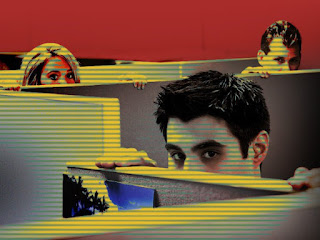Smartphone Security

How secure is your mobile phone? Beyond the Android vs iPhone debate, what are your options for providing better smartphone security for yourself or your company? Mobile devices have become both integral and ubiquitous in everyone's lives, and so they have attracted the interest of criminal hackers eager to steal your vital information. Here are a few tips to help you protect yourself. Three Layers of Security As InfoWorld notes, all smartphones have three basic elements of security. Your first major task as a mobile user is to become aware of these layers and enable them in your devices: Device Protection: Allowing remote data "wiping" if your device is ever lost or stolen. Data Protection : Preventing corporate data from being transferred to personal apps running on the same device or personal network App-Management Security : Protecting your in-app information from becoming compromised. Smartphone security depends not only on the phones, but also on ...







